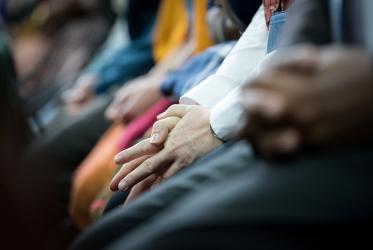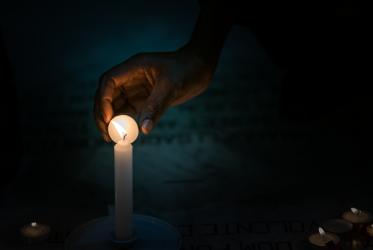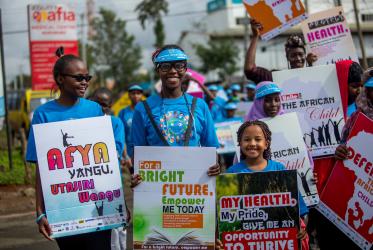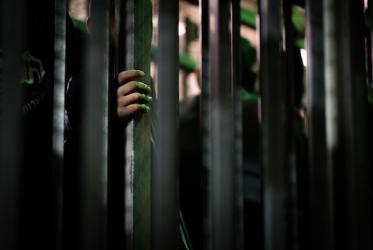Displaying 101 - 120 of 611
On International Human Rights Day, WCC’s work is ever-present
10 December 2019
Webinar on Middle East racism: “Never lose hope”
28 November 2019
Topics of violence, just war focus of Interreligious exploration
02 October 2019
Religions for Peace calls for "shared well-being”
26 August 2019
UN day on violence victims stresses religious tolerance
22 August 2019
WCC represented at G20 Interfaith forum in Tokyo
13 June 2019
Media invitation: 18th Building Bridges Seminar
07 June 2019









